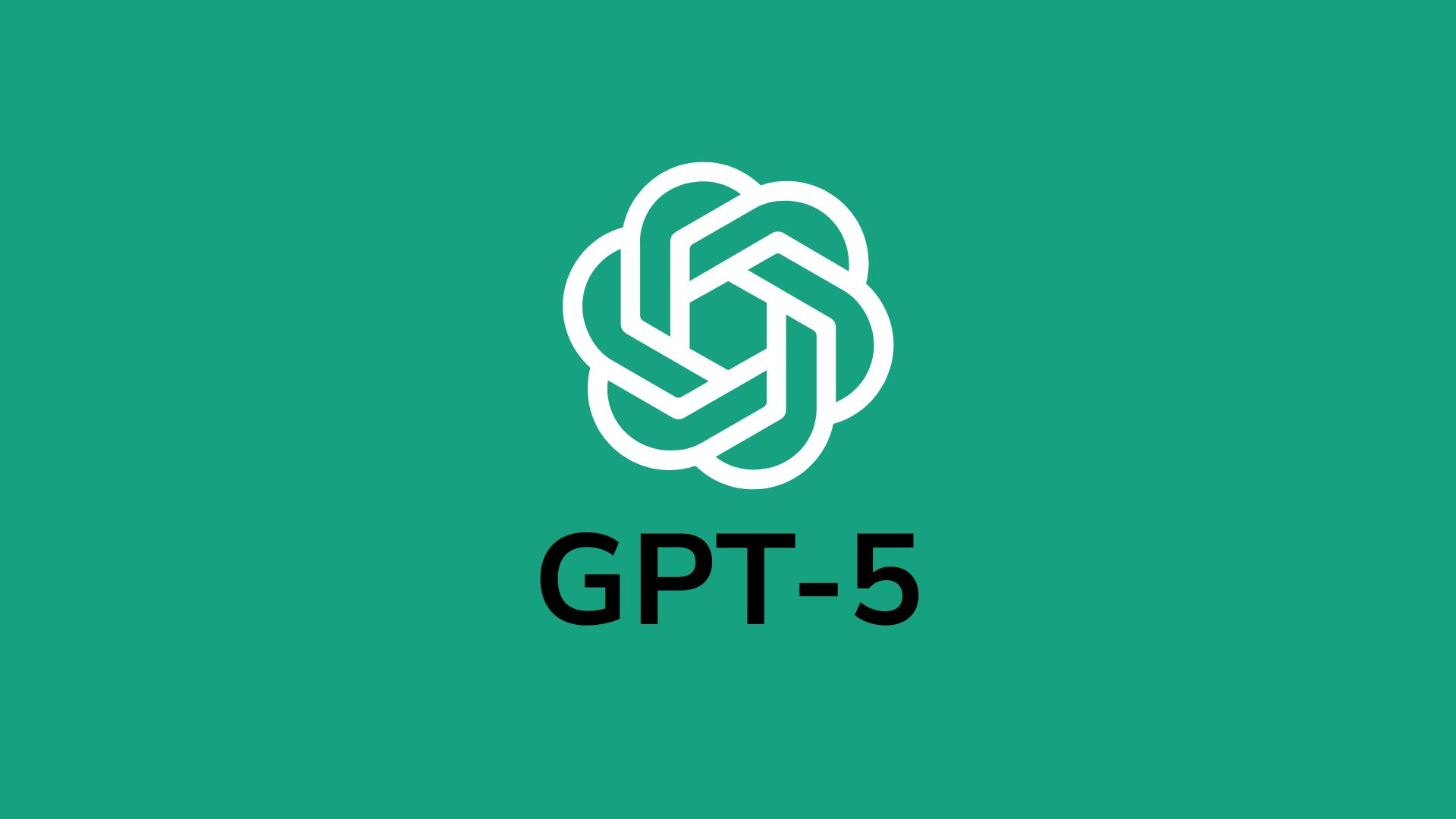The rise of the machine soldier
For decades, Western militaries have led technological revolutions on the battlefield. From bows to tanks to drones, technological innovation has disrupted and redefined warfare for better or worse. However, the next evolution is not about weapons, it is about the soldier.
New AI-integrated systems such as Anduril’s EagleEye Helmet are transforming troops into data-driven nodes, capable of perceiving and responding with machine precision. This fusion of human and algorithmic capabilities is blurring the boundary between human roles and machine learning, redefining what it means to fight and to feel in war.
Today’s ‘AI soldier’ is more than just enhanced. They are networked, monitored, and optimised. Soldiers now have 3D optical displays that give them a god’s-eye view of combat, while real-time ‘guardian angel’ systems make decisions faster than any human brain can process.
Yet in this pursuit of efficiency, the soldier’s humanity and the rules-based order of war risk being sidelined in favour of computational power.
From soldier to avatar
In the emerging AI battlefield, the soldier increasingly resembles a character in a first-person shooter video game. There is an eerie overlap between AI soldier systems and the interface of video games, like Metal Gear Solid, where augmented players blend technology, violence, and moral ambiguity. The more intuitive and immersive the tech becomes, the easier it is to forget that killing is not a simulation.
By framing war through a heads-up display, AI gives troops an almost cinematic sense of control, and in turn, a detachment from their humanity, emotions, and the physical toll of killing. Soldiers with AI-enhanced senses operate through layers of mediated perception, acting on algorithmic prompts rather than their own moral intuition. When soldiers view the world through the lens of a machine, they risk feeling less like humans and more like avatars, designed to win, not to weigh the cost.
The integration of generative AI into national defence systems creates vulnerabilities, ranging from hacking decision-making systems to misaligned AI agents capable of escalating conflicts without human oversight. Ironically, the same guardrails that prevent civilian AI from encouraging violence cannot apply to systems built for lethal missions.
The ethical cost
Generative AI has redefined the nature of warfare, introducing lethal autonomy that challenges the very notion of ethics in combat. In theory, AI systems can uphold Western values and ethical principles, but in practice, the line between assistance and automation is dangerously thin.
When militaries walk this line, outsourcing their decision-making to neural networks, accountability becomes blurred. Without the basic principles and mechanisms of accountability in warfare, states risk the very foundation of rules-based order. AI may evolve the battlefield, but at the cost of diplomatic solutions and compliance with international law.
AI does not experience fear, hesitation, or empathy, the very qualities that restrain human cruelty. By building systems that increase efficiency and reduce the soldier’s workload through automated targeting and route planning, we risk erasing the psychological distinction that once separated human war from machine-enabled extermination. Ethics, in this new battlescape, become just another setting in the AI control panel.
The new war industry
The defence sector is not merely adapting to AI. It is being rebuilt around it. Anduril, Palantir, and other defence tech corporations now compete with traditional military contractors by promising faster innovation through software.
As Anduril’s founder, Palmer Luckey, puts it, the goal is not to give soldiers a tool, but ‘a new teammate.’ The phrasing is telling, as it shifts the moral axis of warfare from command to collaboration between humans and machines.
The human-machine partnership built for lethality suggests that the military-industrial complex is evolving into a military-intelligence complex, where data is the new weapon, and human experience is just another metric to optimise.
The future battlefield
If the past century’s wars were fought with machines, the next will likely be fought through them. Soldiers are becoming both operators and operated, which promises efficiency in war, but comes with the cost of human empathy.
When soldiers see through AI’s lens, feel through sensors, and act through algorithms, they stop being fully human combatants and start becoming playable characters in a geopolitical simulation. The question is not whether this future is coming; it is already here.
There is a clear policy path forward, as states remain tethered to their international obligations. Before AI blurs the line between soldier and system, international law could enshrine a human-in-the-loop requirement for all lethal actions, while defence firms are compelled to maintain high ethical transparency standards.
The question now is whether humanity can still recognise itself once war feels like a game, or whether, without safeguards, it will remain present in war at all.
Would you like to learn more about AI, tech and digital diplomacy? If so, ask our Diplo chatbot!










